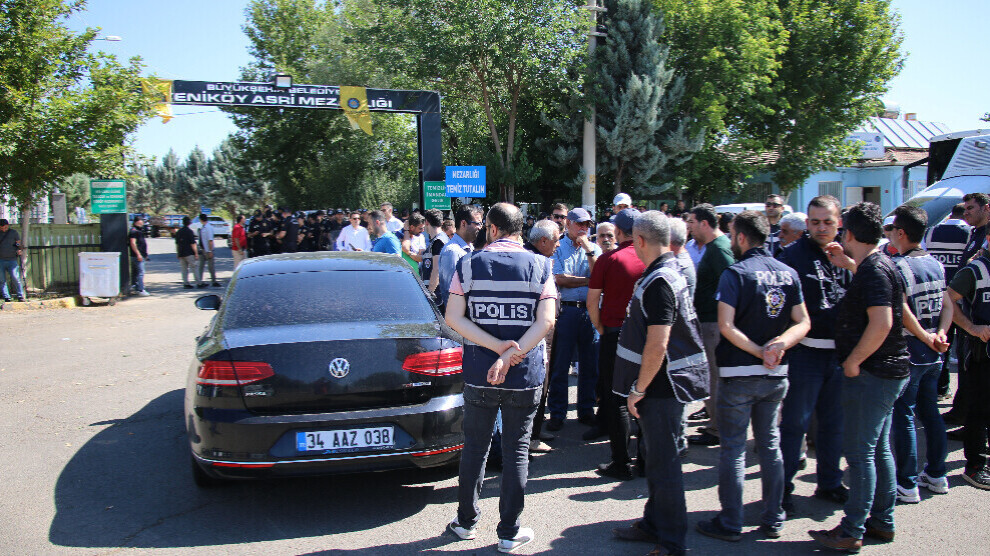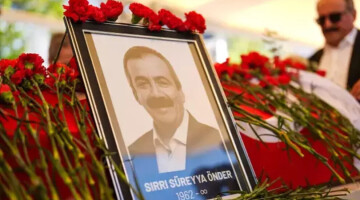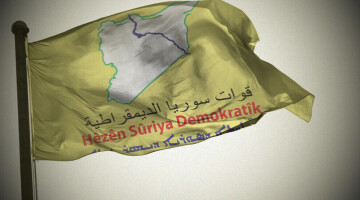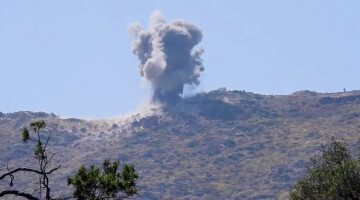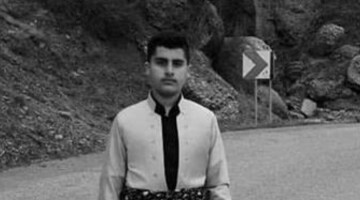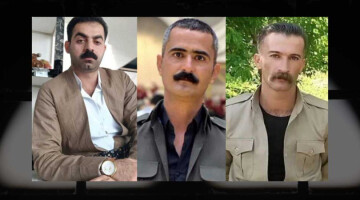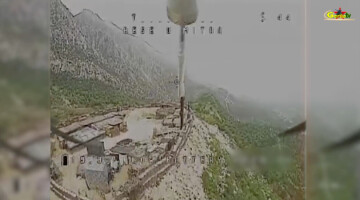Turkish police have banned a memorial service at the grave of Ali Çiçek in Amed (tr. Diyarbakir). Ali Çiçek was one of the four PKK prisoners who went on hunger strike in the military prison in Amed on 14 July 1982 and died. The "Association of 78s" wanted to commemorate the young revolutionary at the Yeniköy Cemetery forty years after the beginning of the "Great Death Fast of 14 July". Also present were representatives of the MEBYA-DER Solidarity Association, the MED-DER Language Association and the HDP and DBP parties. However, the cemetery area was cordoned off by the police beforehand and no one was allowed to enter the graveyard.
Ali Çiçek lost his life on the 65th day of the hunger strike. Born in 1961 in a village in the province of Urfa, Ali Çiçek became acquainted with the ideas of the Kurdish freedom struggle at the age of 16. He later joined the PKK and was arrested. He was subjected to severe torture in the military prison that became known as "Hell No. 5". To this day, he is considered a symbol of resistance, especially in the Kurdish youth movement. After his death, his family tried for years to bury him in Urfa. When this finally succeeded, his gravestone was destroyed again and again. Since the attacks did not stop, the body was finally buried in Amed.

